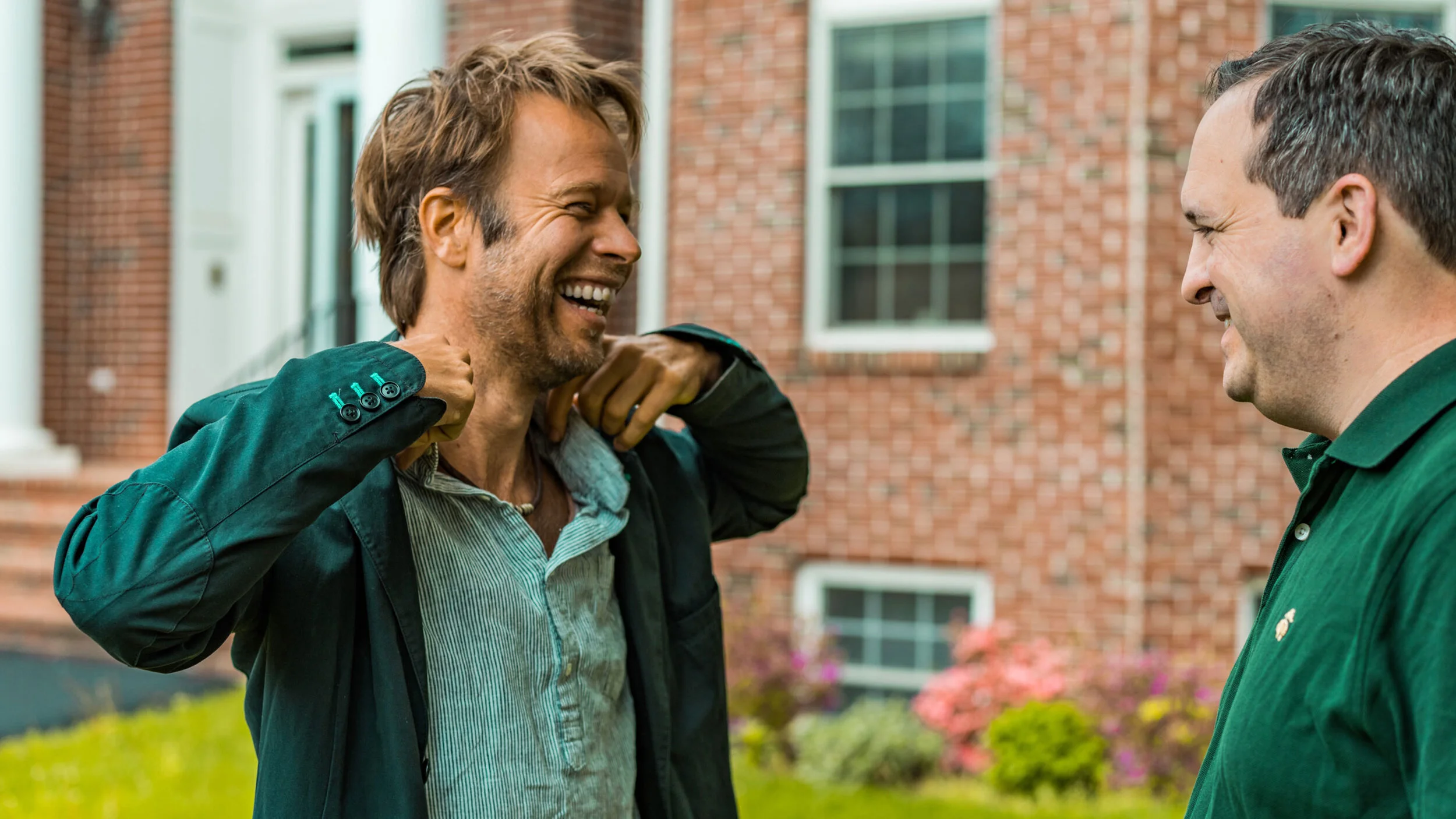In a photo accompanying a Feb. 4, 1998, article in New England’s Valley News, Edwin M. Knights Jr. holds a palm-sized white plastic container. He prepares to insert a vial containing a sample of freeze-dried blood.
A retired pathologist, Knights had recently founded Life Science Inc. and its GeneSaver division with a business partner. For less than $100, consumers could order a blood sample kit, collect a few drops in a vial, and return it to Knights. He would then freeze-dry the sample in his basement lab and return the vial in an engraved keepsake box.
Knights believed everyone should preserve a sample for future genetic analysis. He argued that the sample could be used to determine the source of diseases, help genealogists conduct research, or — in the case of adoption or egg or sperm donation — allow a child to track down their biological parents and genetic history.
In the article, Knights acknowledged that he and his business partner were perhaps ahead of the curve. Direct-to-consumer DNA testing kits wouldn’t hit the marketplace for another two years. They faced an uphill battle convincing people of the value and safety of collecting and preserving their genetic code.
Among the people he did convince was his son, Edwin B. Knights, who provided a few drops of blood for his father’s burgeoning business. As the years passed and at-home DNA testing grew in popularity, more and more people’s genetic material eventually made its way into the growing databases where users could discover their traits and ethnicities and connect with long-lost family members.
That’s where Chris Smith, ’98, discovered the biological family he never knew he had — and an unexpected new connection to the University of Richmond.
This feature appeared in the summer 2021 issue of University of Richmond Magazine.
